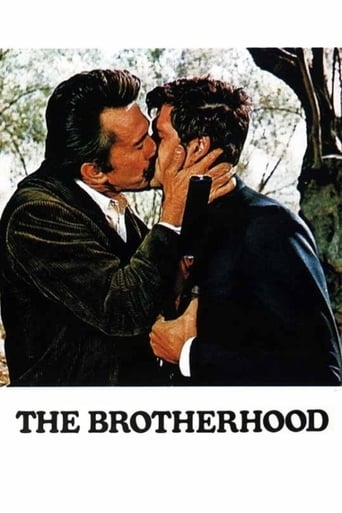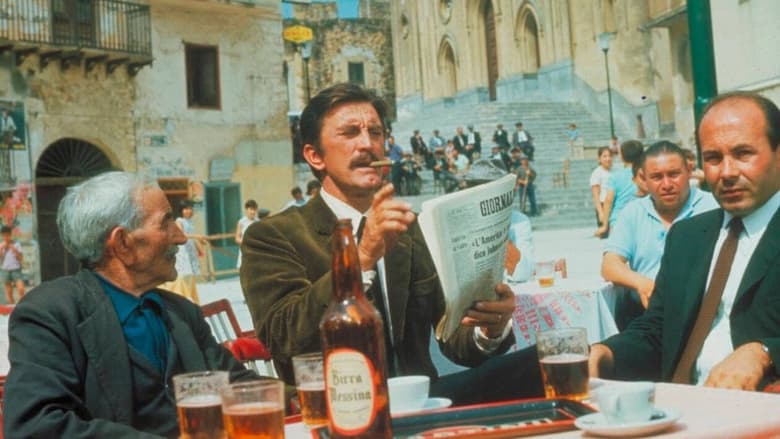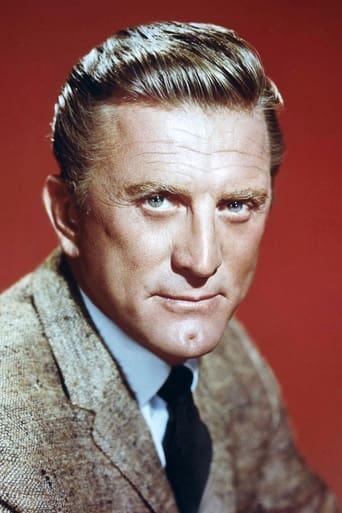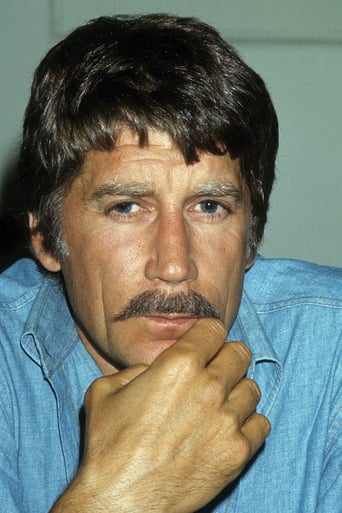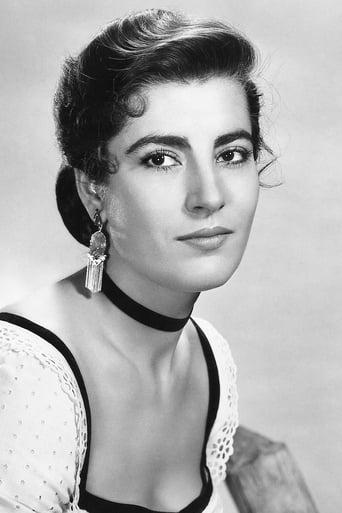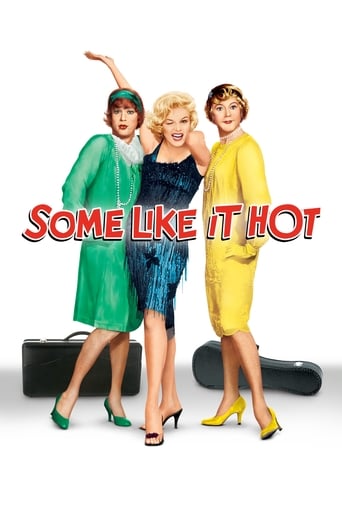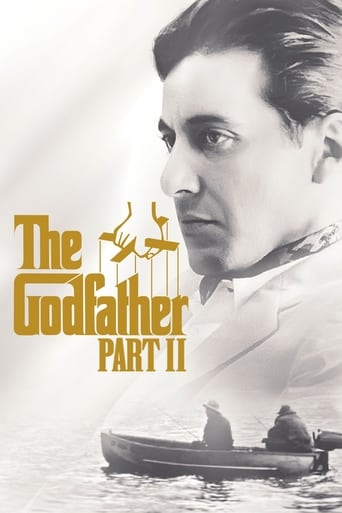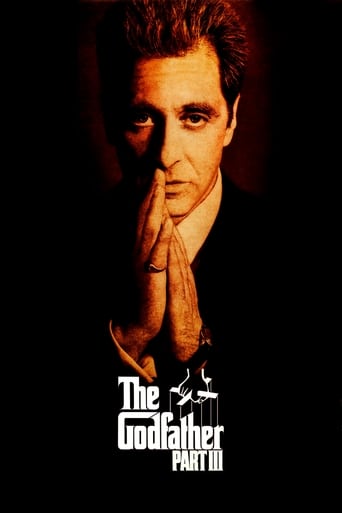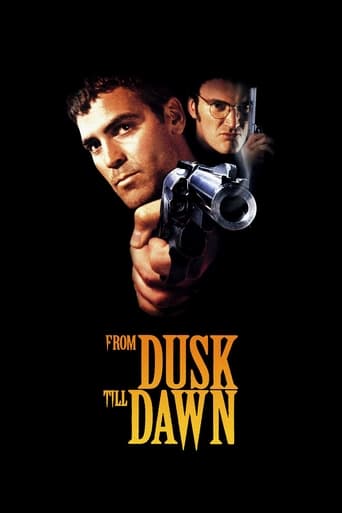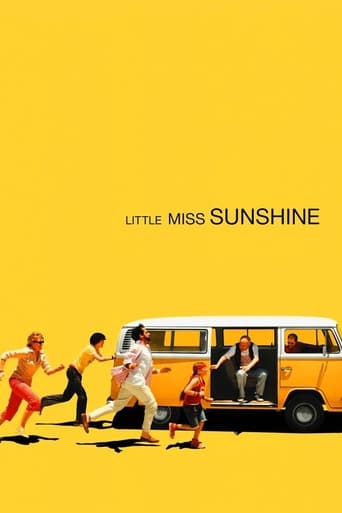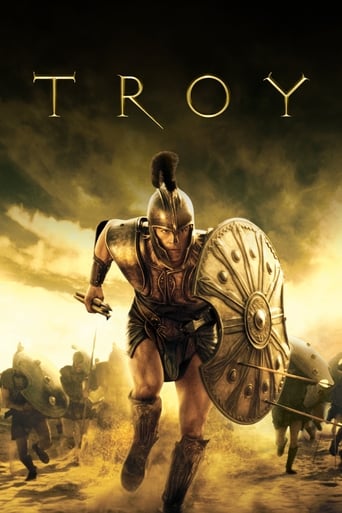The Brotherhood (1968)
The son of a powerful Mafia don comes home from his army service in Vietnam and wants to lead his own life, but family tradition, intrigues and powerplays involving his older brother dictate otherwise, and he finds himself being slowly drawn back into that world.
Watch Trailer
Cast


Similar titles
Reviews
A precursor to "The Godfather", "The Brotherhood" is a 1968 crime drama by director Martin Ritt.Another forgotten auteur of the 1960s, and at one time loosely affiliated with left-wing and communist groups, the majority of Ritt's films feature ideological clashes. His 1965 masterpiece, "The Spy Who Came In From the Cold", for example, features Russian "communists" and Western "capitalists" engaging in games of deception and infiltration. "The Molly Maguires" (1970), meanwhile, features union groups being infiltrated by strike busters, whilst "Norma Rae" (1979) does the opposite, with unionists and agitators covertly infiltrating a textile factory. Such themes infect the majority of Ritt's films. "The Front" (1976), for example, finds an unwitting communist sympathiser hounded during the Red Scare years, whilst his 1963 and 1967 masterpieces, "Hud" and "Hombre", revolve around very specific cultural clashes, unhinged greed winning in "Hud", altruism and self-sacrifice in "Hombre", both to disastrous effects. The rest of Ritt's films ("Sounder", "Conrack", "Great White Hope" etc) tend to focus on the victims of racism, sexism or early 20th century capitalism. In this way, Ritt resembles many of the iconoclastic auteurs of mid century American cinema (Altman, Ashby, Michael Ritchie etc).One of Ritt's lesser films, "The Brotherhood" stars Kirk Douglas as Frank Ginetta, a powerful mafia lord. Frank belongs to a "brotherhood" of gangsters, a collection of warlords who have their own codes, laws and shared interests. When this "brotherhood" attempts to diversify, expand and extend its reach in the search of new profits, Frank protests. Market expansion is fine, he says, but gangsters have their place. Encroach on the spheres and monopolies of the state and/or other "legitimate" businesses, and you'll draw unwanted attention. The other crime lords don't agree. They can make the transition, they insist. As he remains steadfast in his convictions, the "brotherhood" attempt to oust Frank; they hire Frank's brother Vince to assassinate him. In scenes which recall the many "undercover agents" which litter Ritt's filmography, Vince "infiltrates" Frank's island stronghold and plots the latter's demise. Vince then takes over his brother's business, his entire body now epitomising the objectivity and impersonality of the New Economic Order.At its best, "The Brotherhood" watches as a kind of nascent, tribal capitalism tries to sneak its way into the 21st century. All who oppose are killed, an act which echoes the fratricide of Ritt's "Hud" and genocides of Ritt's "Hombre". Caught in the middle of this "progress" is Ginetta, who embodies the kind of ideological confusion most Ritt leading men face. "Don't get confused which side you're on!" a character in Ritt's "The Molly Maguires" bluntly states.Whilst "The Brotherhood" is interesting in relation to Ritt's other films, as a standalone picture it's mostly weak. Lewis John Carlino's script is superficial and Douglas is wholly miscast.7.5/10 – Worth one viewing.
Vince, the younger brother of exiled mafioso, Frank Ginetta, comes to visit his sibling in Sicily, where he has been hiding. Vince has come on a mission although we must wait until much later because we are taken back to get to know Frank's involvement in crime in New York.In flashbacks we are taken to Vince's wedding to Emma Bertolo, the daughter of a prominent mafia bigwig in Brooklyn, where Frank controls the criminal operations. Vince, a man that has gone into the US army and has studied, is also drawn into the illegal activities by loyalty to his brother. Family, among these men matters more than anything else. Vince, who grows disillusioned with Frank, is given the ultimate mission anyone in the organized crime can get.No one can accuse Lewis John Carlino, the screenplay writer, with copying the more famous "The Godfather", which came out later. The film, directed by Martin Ritt, is uneven, at best. The story is about power more than gore and shootouts. Kirk Douglas, the star, produced the film as well as appeared as Frank.Mr. Ritt got the atmosphere right, although the Sicilian locations are just a passing thought. Alex Cord, who made a career on television, is impressive in his take of Vince. Irene Pappas and Susan Strasberg have nothing to do. Luther Adler, Murray Hamilton, Eduardo Cianelli, are among the supporting players.
The Brotherhood was made 4 years before the legendary blockbuster classic, The Godfather. However, it's amazing how much of this earlier film about the "brotherhood" is so similar to the Godfather. Alex Cord is the younger brother of mob boss Kirk Douglas. There's a wedding scene (sound familiar?), as Cord returns from the war (Viet-Nam), and gets married in his army uniform. Godfather begins with a wedding; Al Pacino arrives back from the war(WWII), wearing his marine corp uniform. The Brotherhood is a story of tradition, as well-as the desire for power, power that's stronger than family ties. Two brothers in conflict. The Godfather has similar scenes and themes. I'm giving the ending away (sorry), but Alex Cord gives his brother Frank(Kirk Douglas) the "Kiss of Death" and kills him with a shot-gun to avenge the family's honor. Godfather II is similar with Al Pacino's character ordering the murder of his older brother Fredo.The Brotherhood is well acted. Kirk Douglas is out-standing in one of his better "later" roles. Alex Cord gives his best on-screen performance. Veteran actor Luther Adler is out-standing as well as the traitor. The scene in which Adler is hog-tied and strangled is one of the most brutal and graphic in screen history. This is a non-romanticized looked at the Brotherhood. There are no heroes, or big shoot-outs. It's raw, brutal, edgy, and realistic. An out-standing work, even some 37 years later.
I found it fascinating that ethnicity was seen here as an obstacle to progress. Four years later, after ROOTS and GODFATHER, the tone had changed drastically. Seeing this in 2002, I was struck by how carefully the feeling of an ethnic enclave was portrayed. The story goes over many of the themes that are now cliches, but were not at all in 1968.

